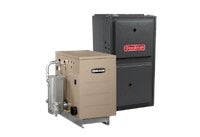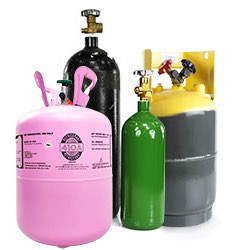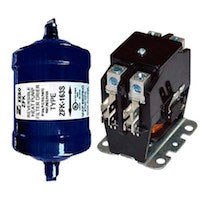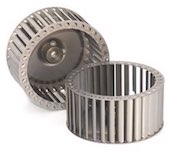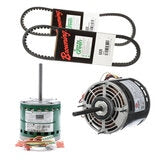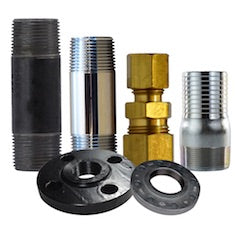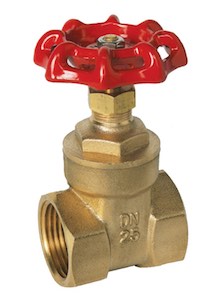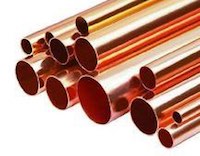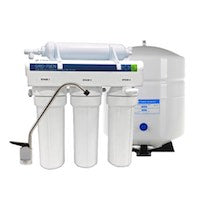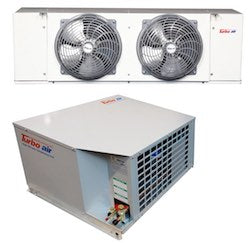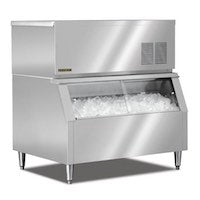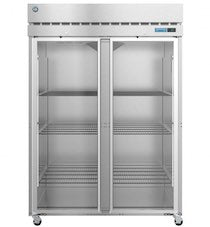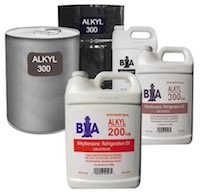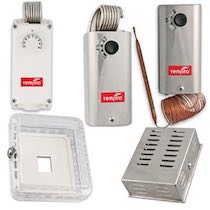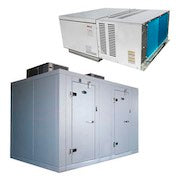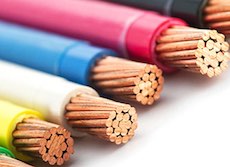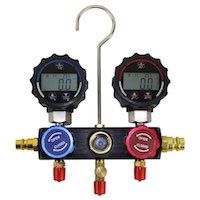
Title: The Essential Guide to Copper Unions: Benefits and Importance
Copper unions are a crucial component in various plumbing and HVAC systems, known for their durability, reliability, and versatility. Whether you're working on a residential, commercial, or industrial project, understanding the benefits of copper unions can help ensure a long-lasting, efficient system.
Why Copper Unions are Essential
Copper unions are prized for their ability to connect pipes securely while allowing for easy disassembly. This is particularly beneficial in systems that may require maintenance or future modifications. Unlike other materials, copper unions are resistant to corrosion, ensuring that the connections remain leak-free over time.
Durability and Longevity
One of the most significant advantages of using copper unions is their durability. Copper as a material is known for its strength and resistance to various environmental factors. This makes copper unions ideal for systems exposed to high temperatures or corrosive substances, where other materials might fail. The longevity of copper unions means fewer replacements and repairs, saving time and money in the long run.
Versatility in Applications
Copper unions are incredibly versatile, used in a wide range of applications, from plumbing and heating to gas distribution and refrigeration. This adaptability makes them a popular choice among professionals in different industries. Whether you're installing a new system or upgrading an existing one, copper unions provide a reliable solution.
Easy Installation and Maintenance
Another key benefit of copper unions is their ease of installation. They are designed to be user-friendly, allowing for quick and secure connections. Additionally, their design enables easy disassembly, making maintenance and repairs straightforward. This is particularly important in complex systems where access to specific parts may be limited.
Eco-Friendly and Sustainable
Copper unions are not only efficient but also environmentally friendly. Copper is a recyclable material, meaning that when a system reaches the end of its life, the copper unions can be recycled, reducing waste and promoting sustainability. Choosing copper unions contributes to a more eco-conscious approach in construction and maintenance projects.

 HVAC
HVAC
 Plumbing
Plumbing
 ELECTRICAL
ELECTRICAL
 Tools & Test Instruments
Tools & Test Instruments

